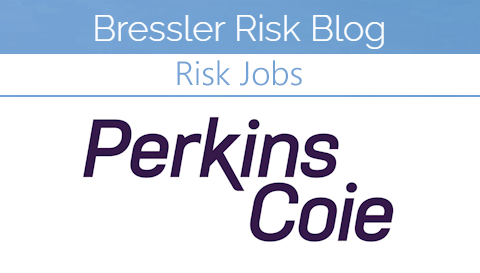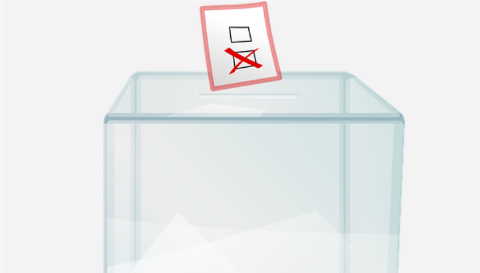:max_bytes(150000):strip_icc():format(jpeg)/Health-cheese-recall-a882218d81f645d6a4d7a11a7323cacd.png)
Several cheese products linked to an E. coli outbreak have been recalled, the Food and Drug Administration (FDA) announced Monday.
Twin Sisters Creamery initiated the recall of four cheeses made from raw, unpasteurized milk, which carries a higher risk of harboring pathogens that cause foodborne illness.
Health officials have connected the products to three E. coli cases in Oregon and Washington, including one hospitalization.
The recall impacts Twin Sisters Creamery cheeses sold in 2.5-pound wheels with the following batch codes:
- Whatcom Blue: 250527B, 250610B, 250618B, and 250624B
- Farmhouse: 250603F and 250616B
- Peppercorn: 250603P
- Mustard Seed: 250616M
The recalled products were shipped to distributors in Oregon and Washington from July 27 to Oct. 22, 2025.
However, the FDA warned that the products may have been further distributed to retail stores for repacking or sold as pre-cut, half-moon pieces with different identification codes.
According to the FDA, the recalled cheese should no longer be in stores but may still be in consumers’ fridges or freezers.
If you have the affected products, do not eat them. Instead, toss them or return them, and clean and sanitize any surfaces they may have touched.
Anyone who has eaten the chees should monitor for E. coli symptoms, including severe abdominal cramps, bloody diarrhea, and vomiting.
Contact a healthcare provider if you think you may have consumed the contaminated cheese and are concerned about an E. coli infection.








